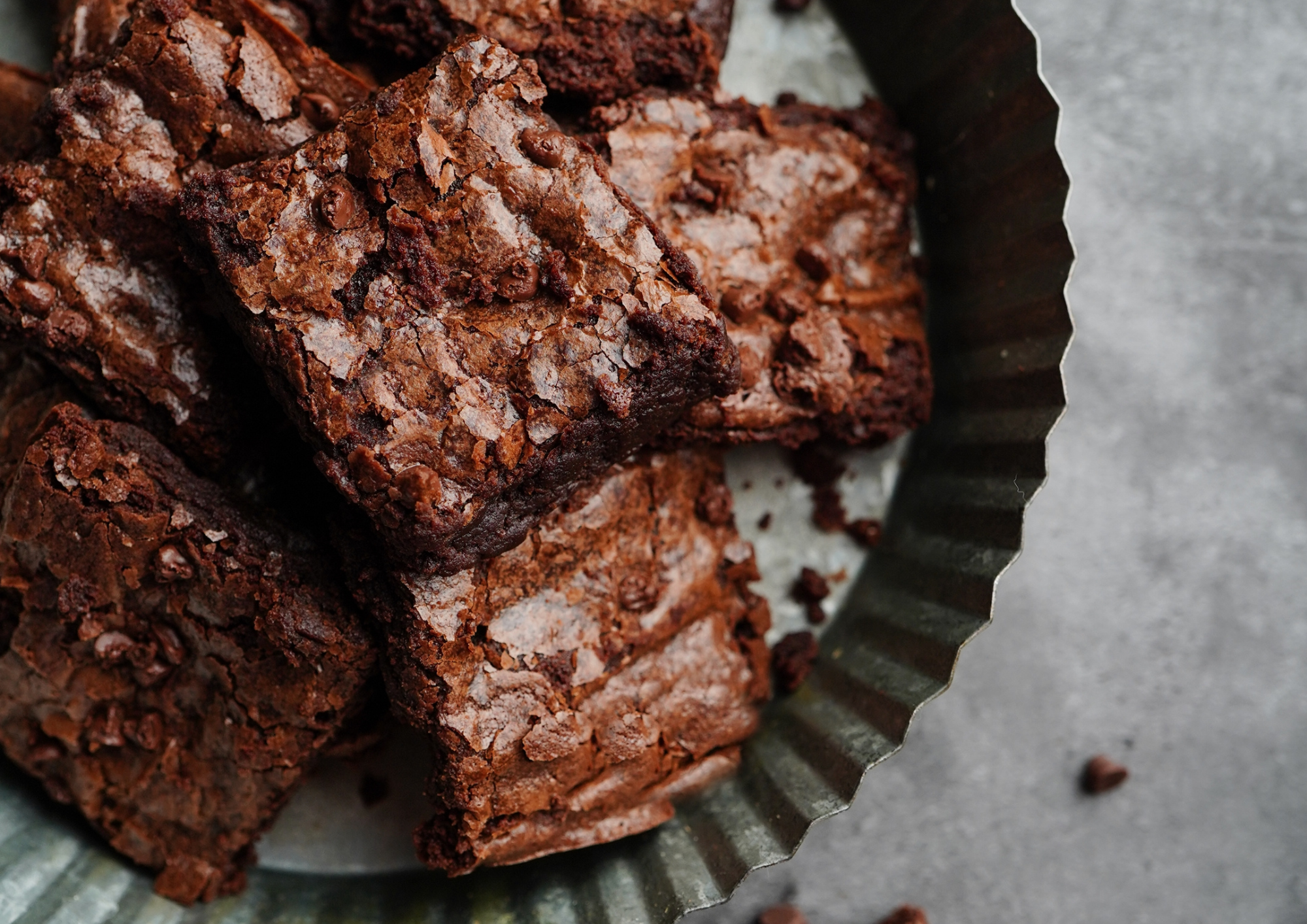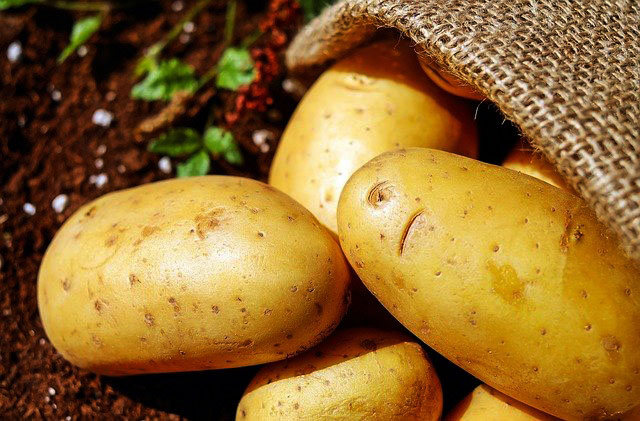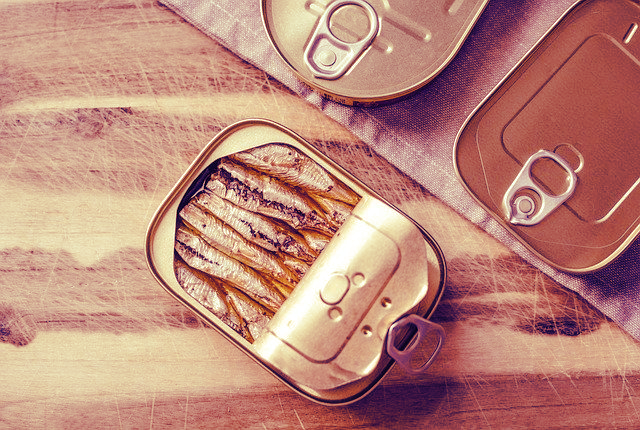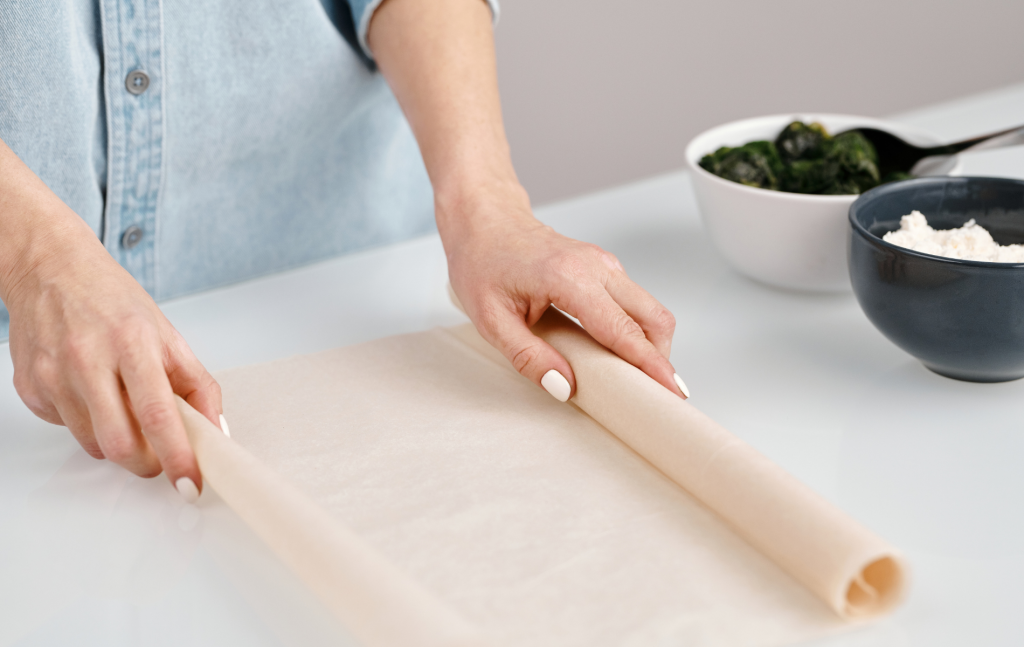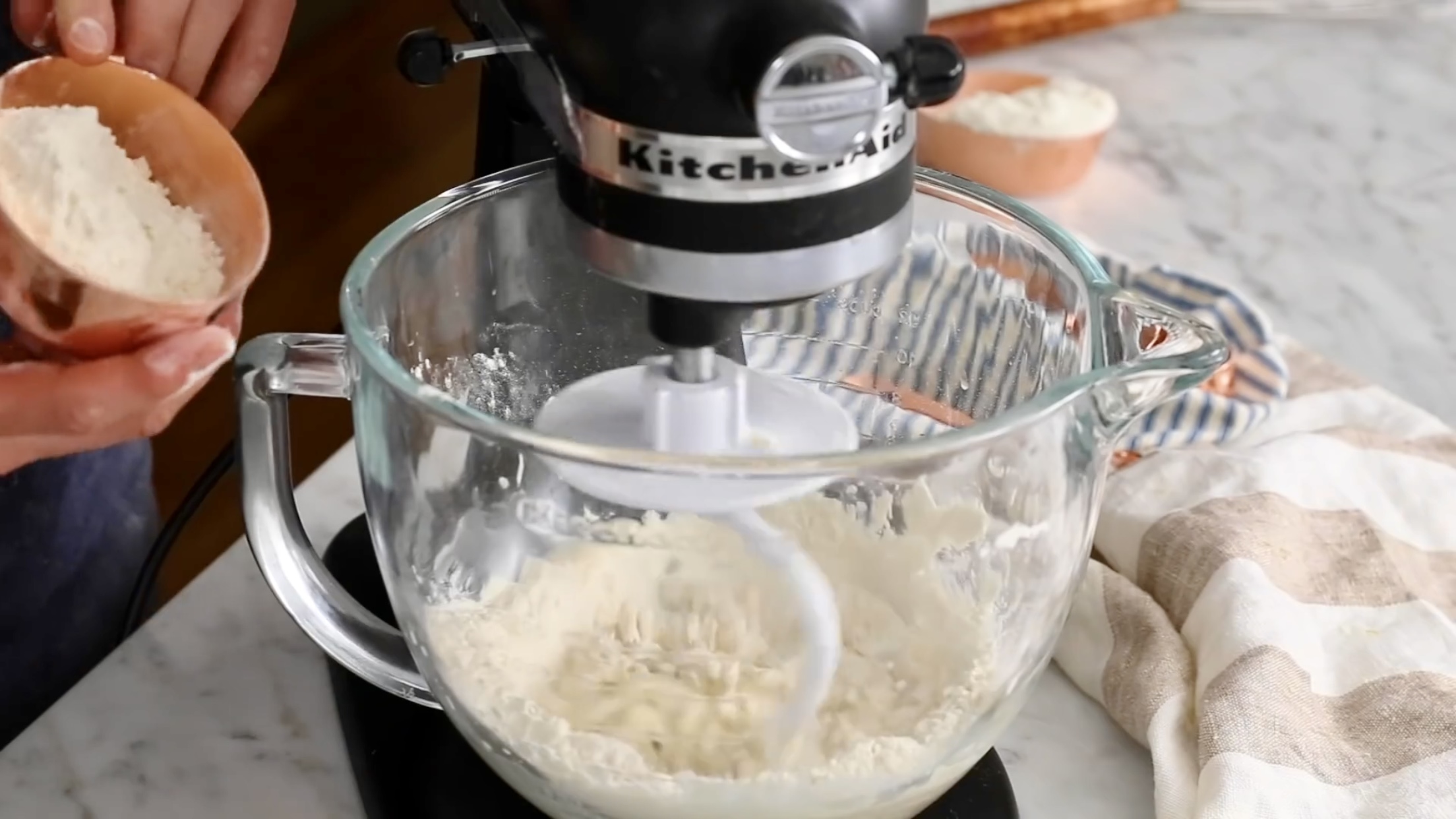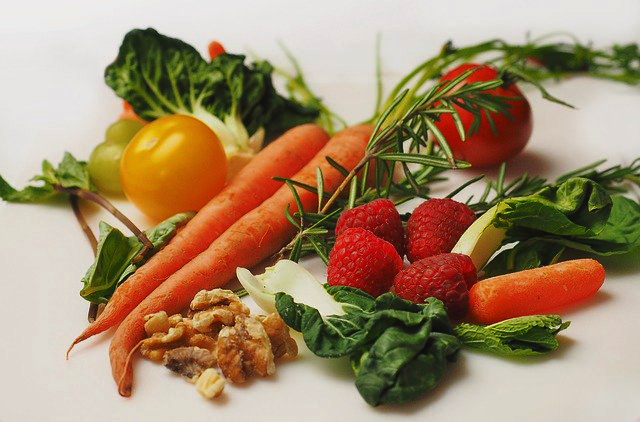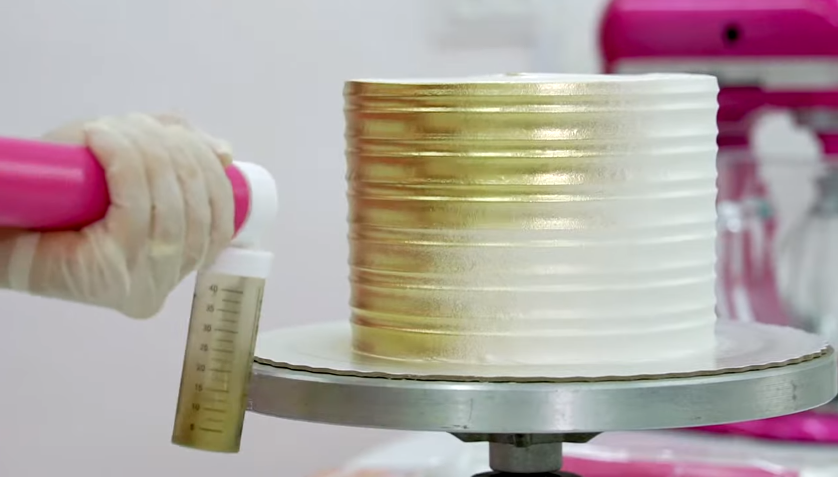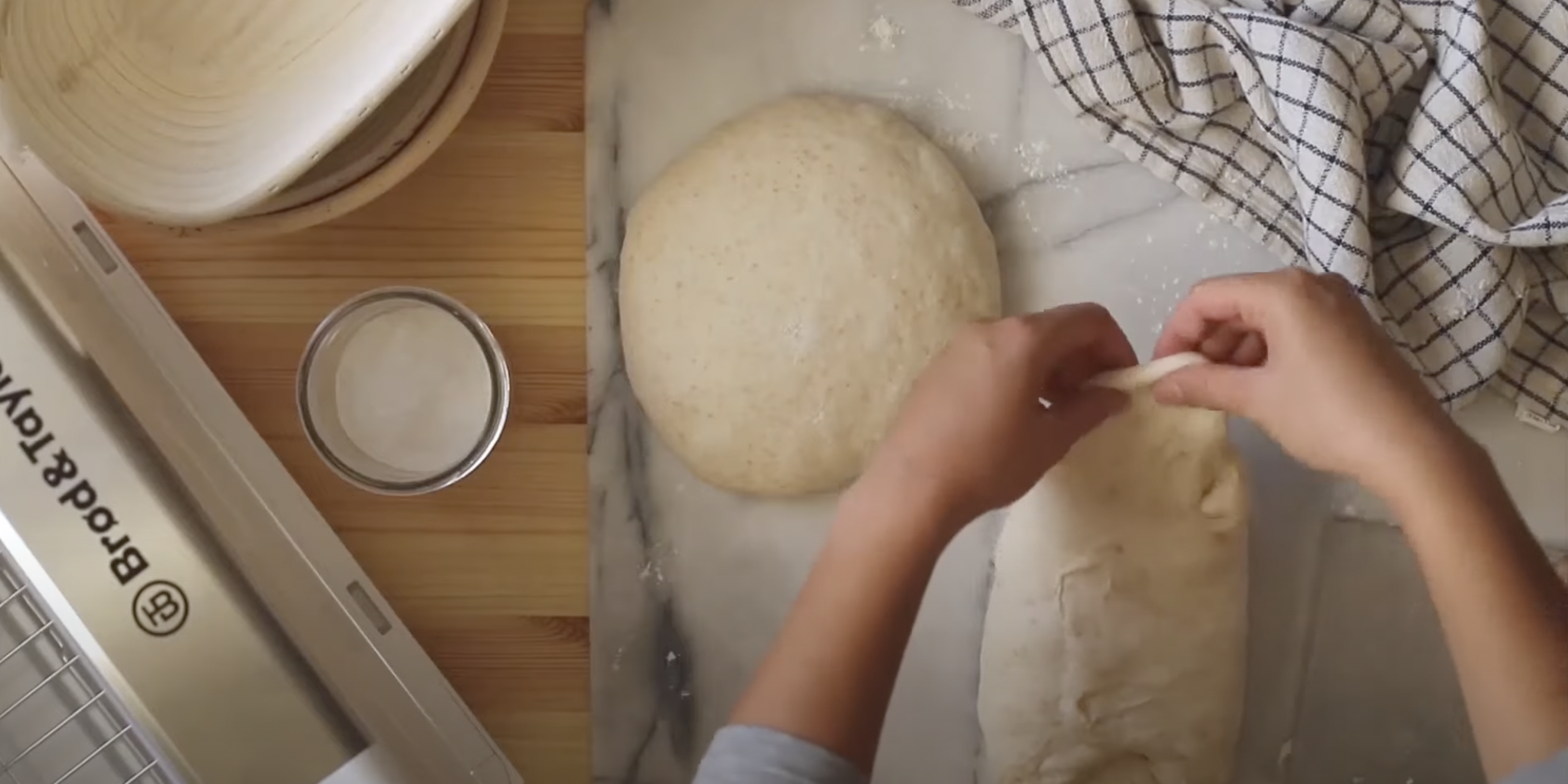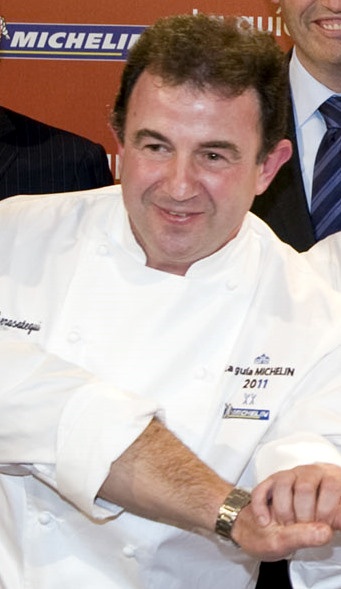Whether you barbecue them or not is up to you. But of course you throw them out before the thought of eating them ever crosses your mind.
extremely witty saying in the food industry is, "keep it hot, keep it cold, or don't keep it!" A rule of thumb – though not nearly as witty – is that bacteria need about four hours in ideal conditions to grow to high enough numbers to be capable of causing illness.
What are ideal conditions? They have to do with the nature of the food (primarily the protein content), acidity, time, temperature, oxygen present, and moisture – but time and temperature are the most important if the other conditions are favorable. Most bacteria present in the chicken grow only very slowly below 40°F (5°C). Between that temperature and 68°F (20°C), there is the opportunity for moderate growth. Between 68°F and 120°F (49°C), there is rapid bacterial growth. Between 120°F and 140°F (60°C), growth slows, and above 140°F, bacteria begin to be killed off.
Under ideal conditions, bacteria cells can double in as little as 15 minutes, and for most bacteria, a single cell can generate more than 1 million cells in only 5 hours. Your chicken legs, if left at room temperature for 20 hours, have bacteria populations approaching a zillion each and almost certainly can dance on their own.
Perhaps this would be a good evening to eat out?
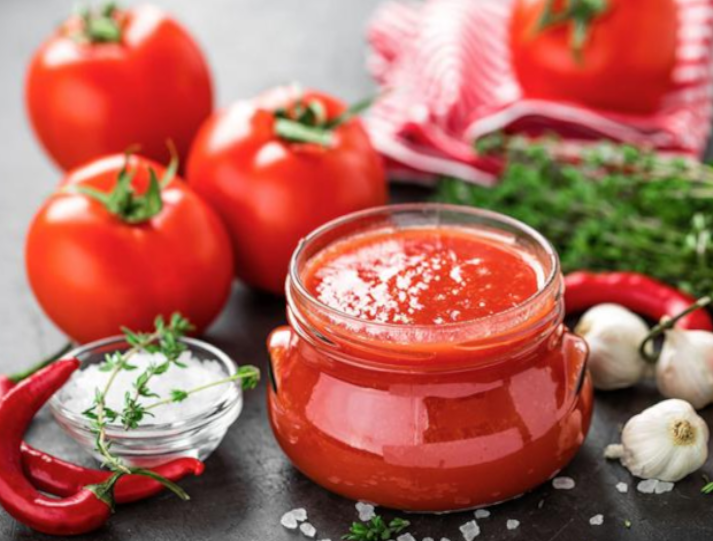
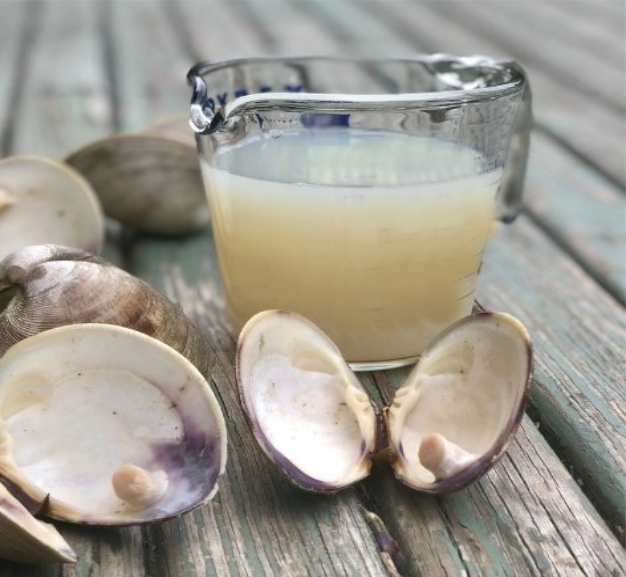
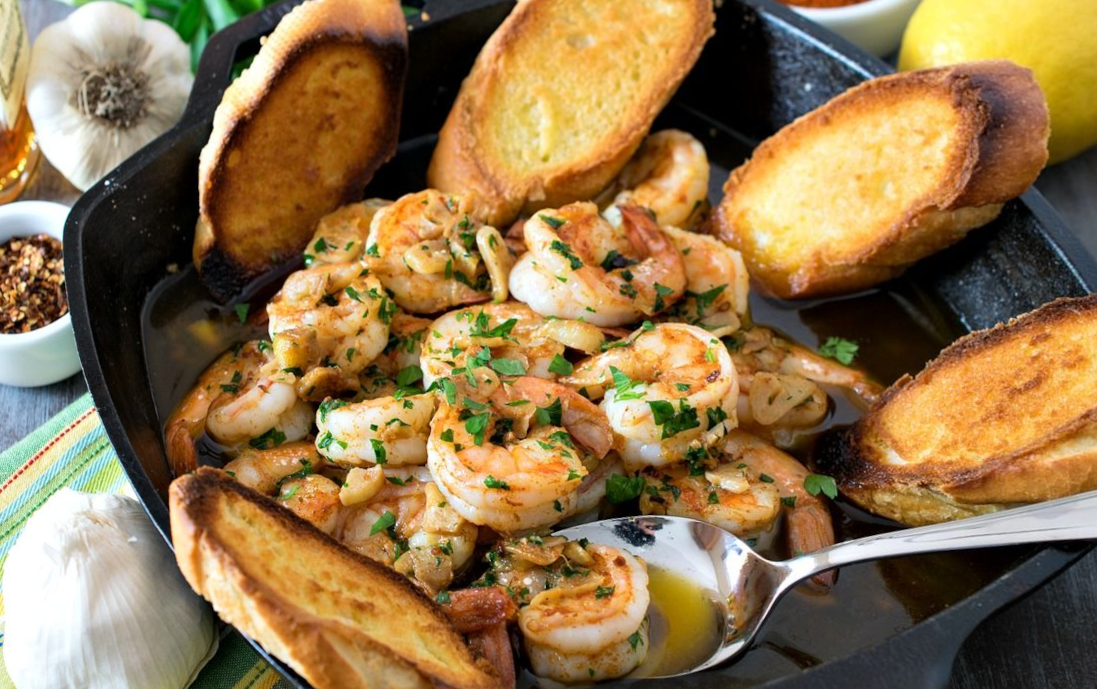

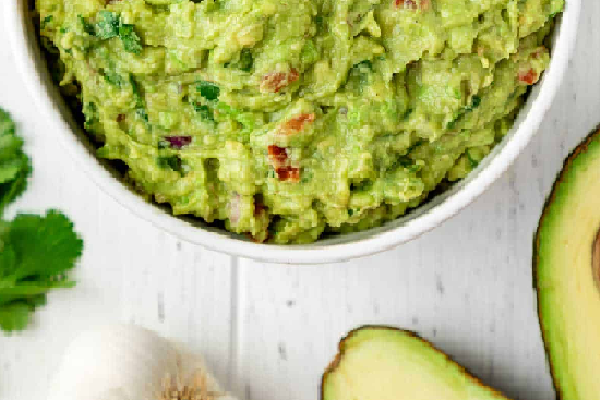
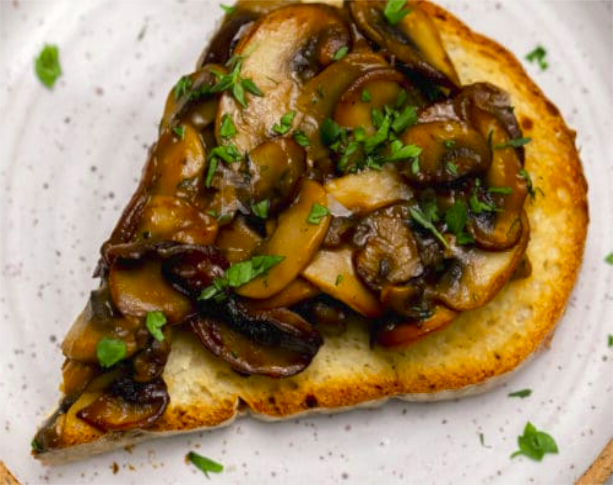
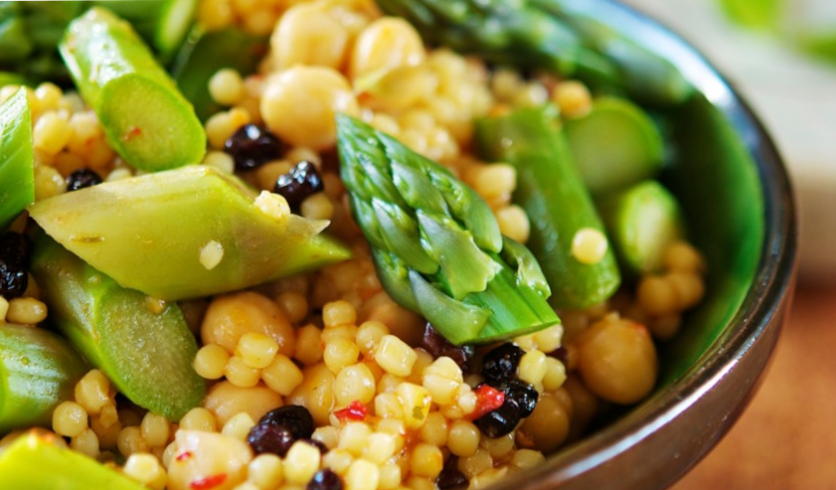
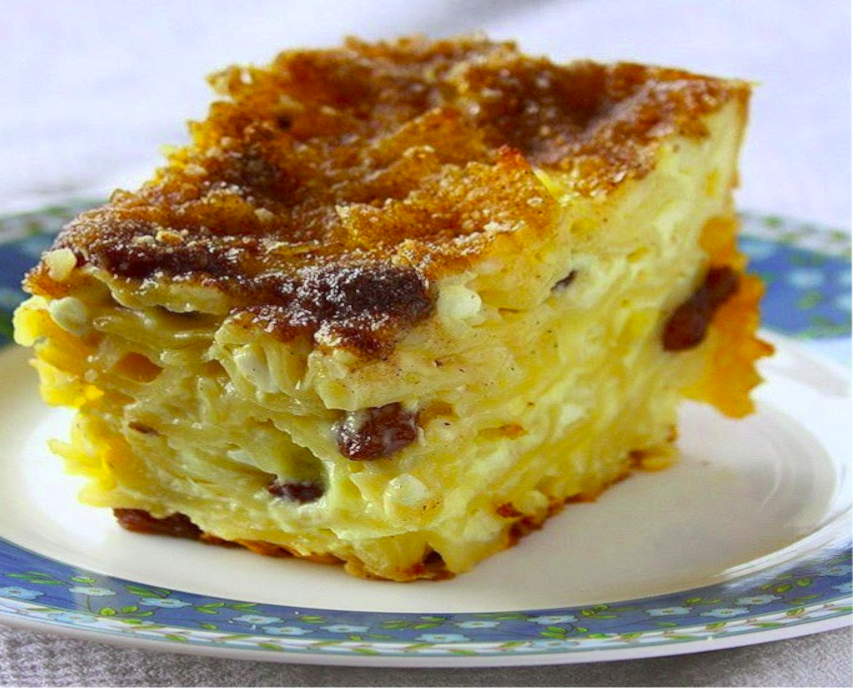
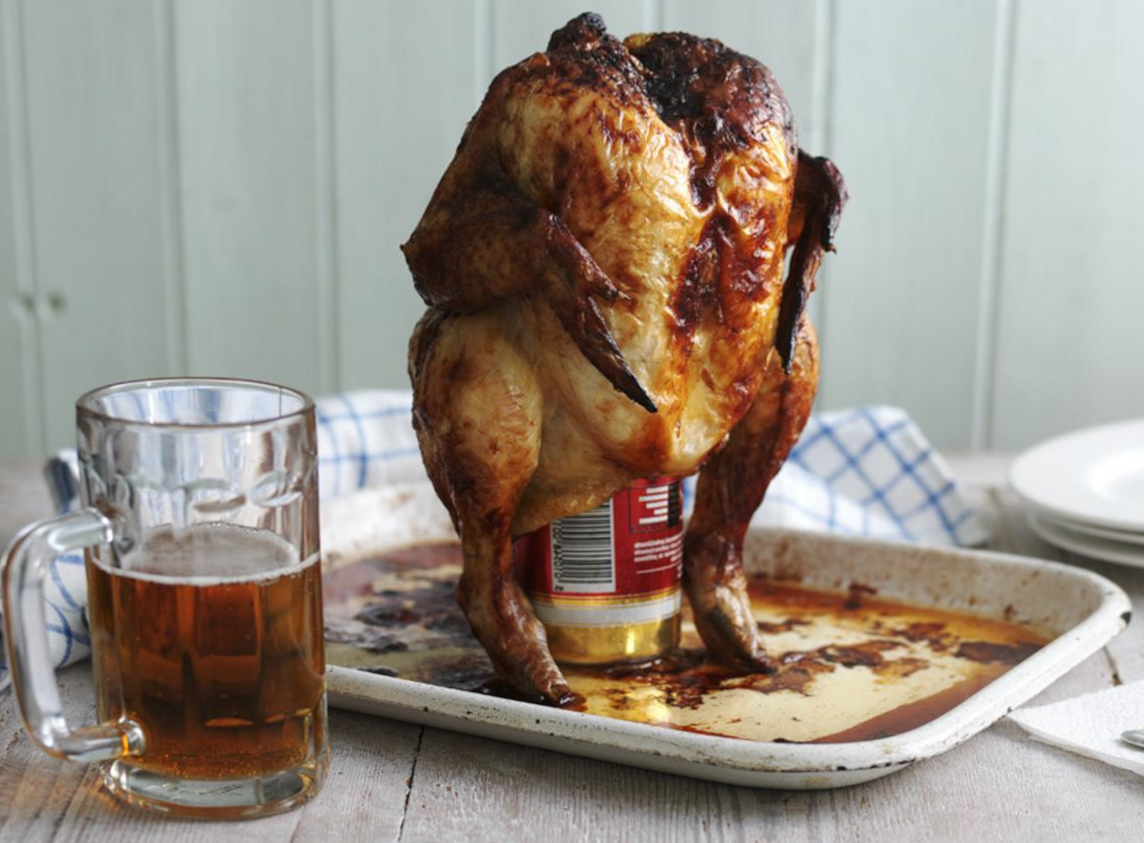
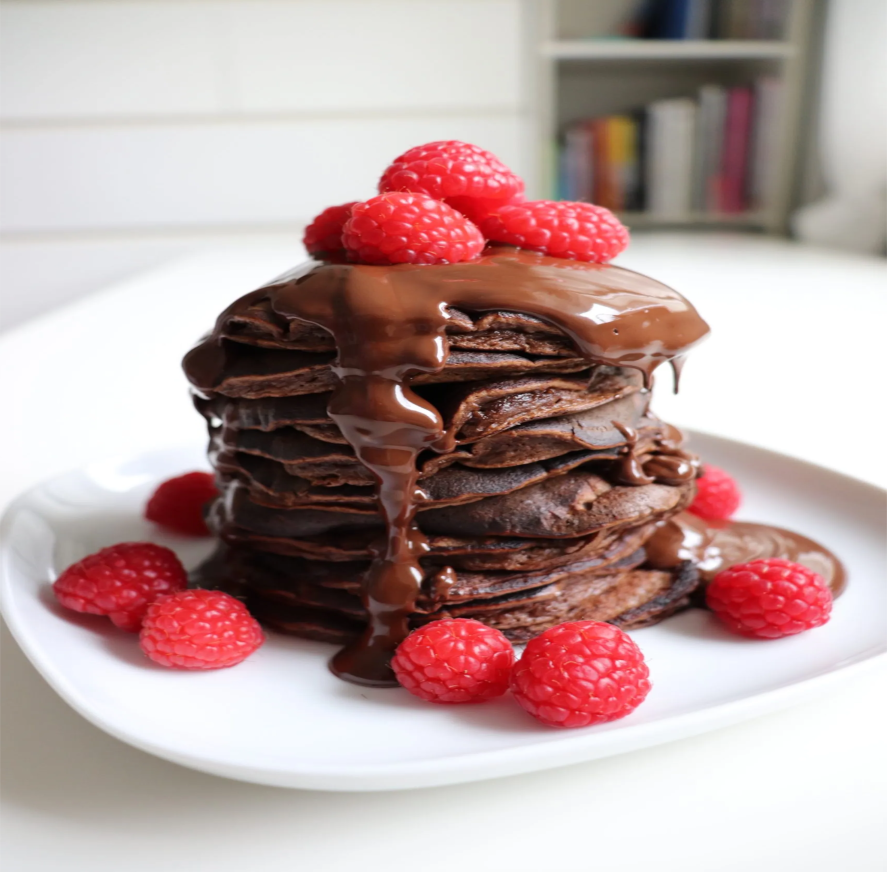
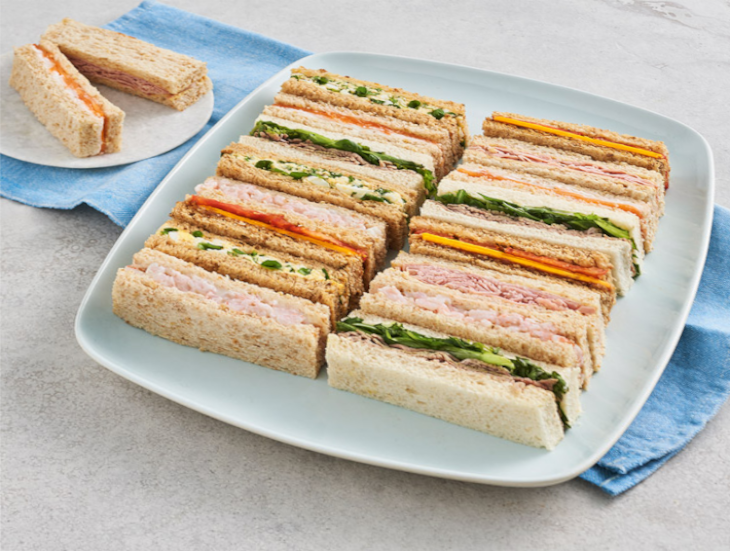



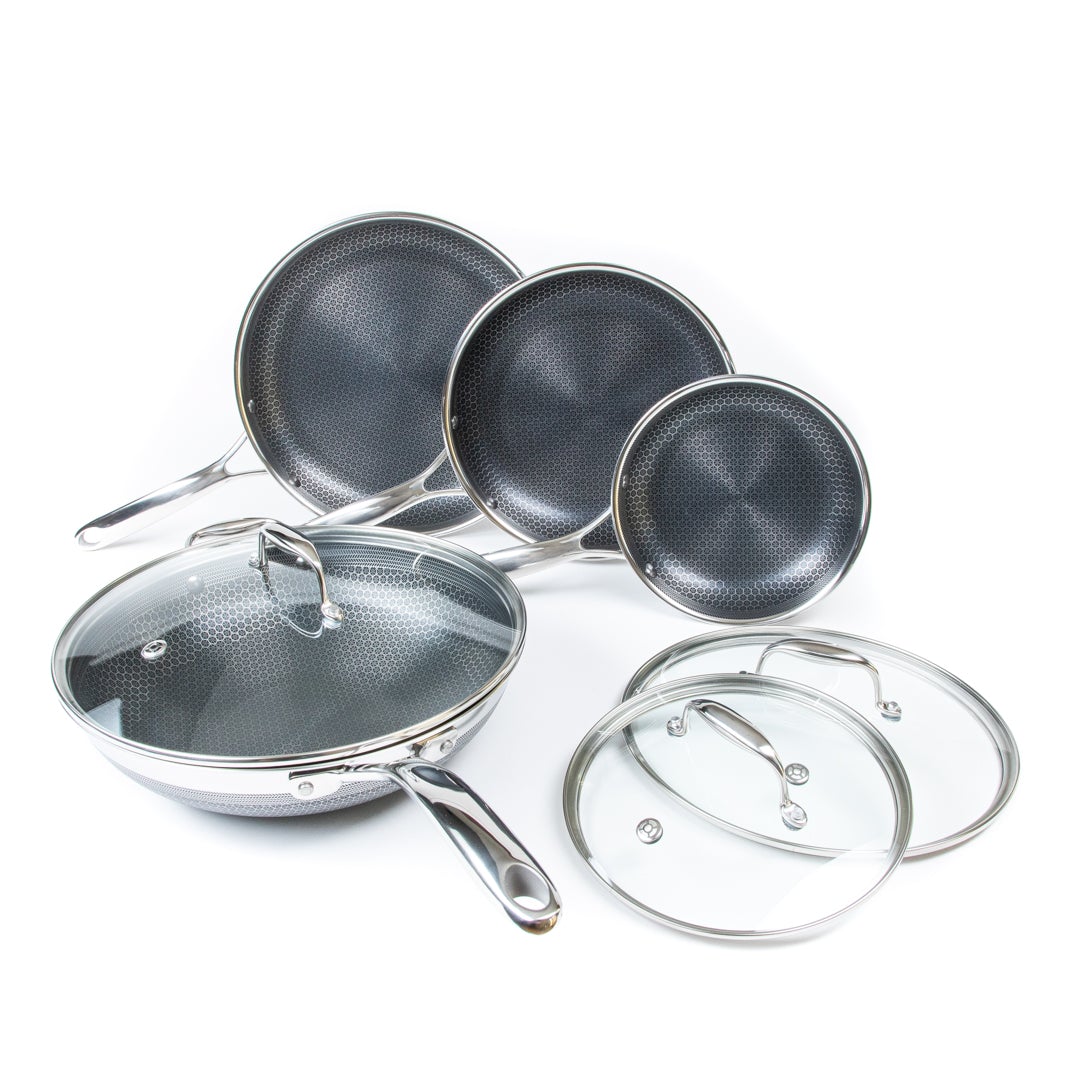
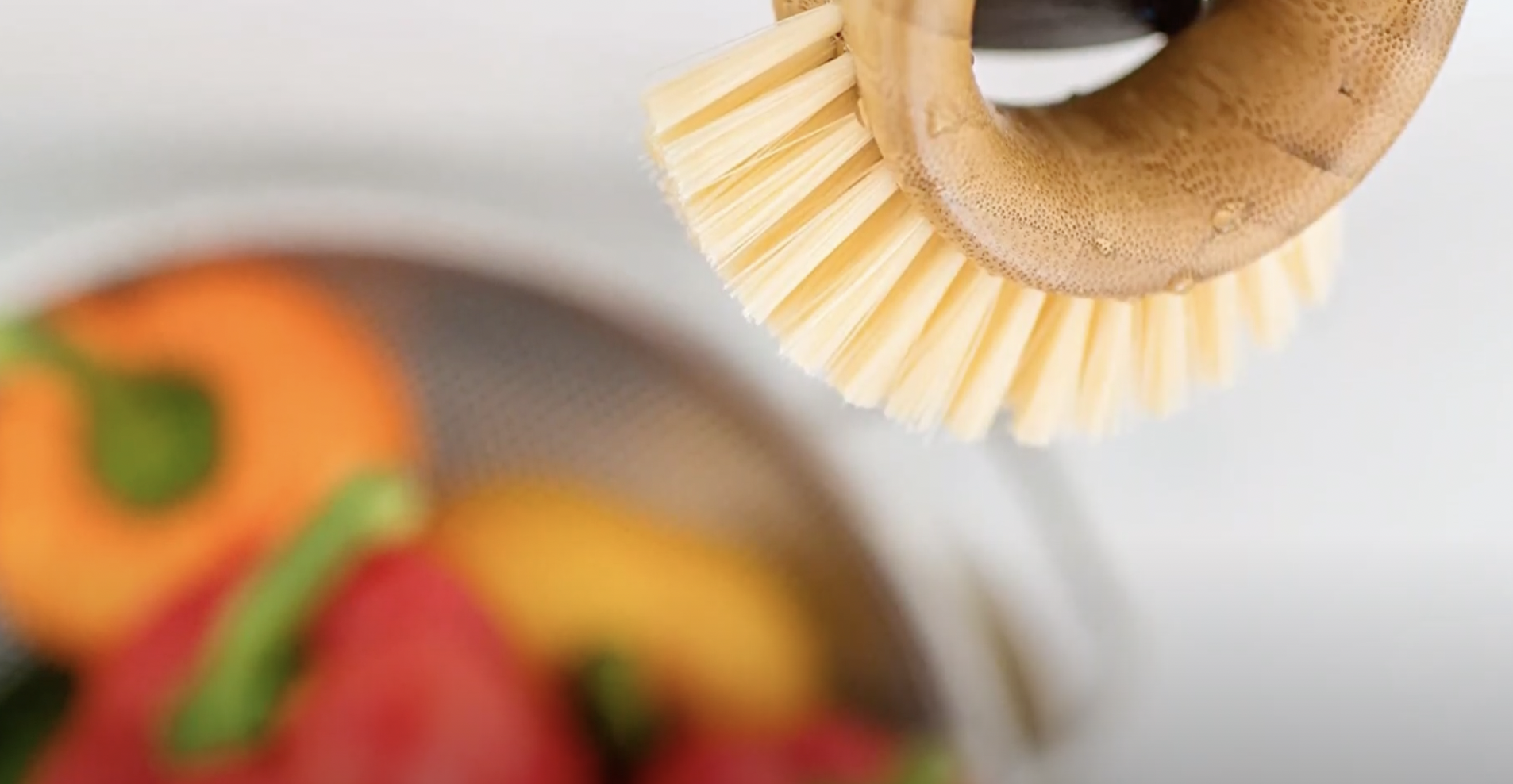
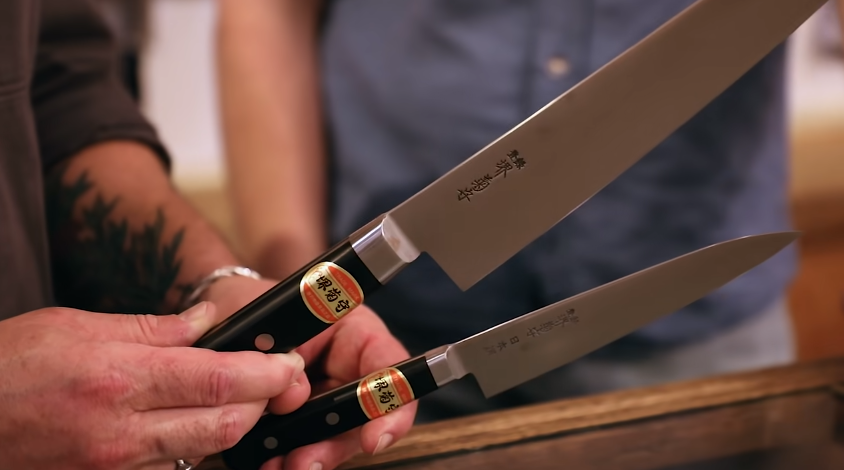
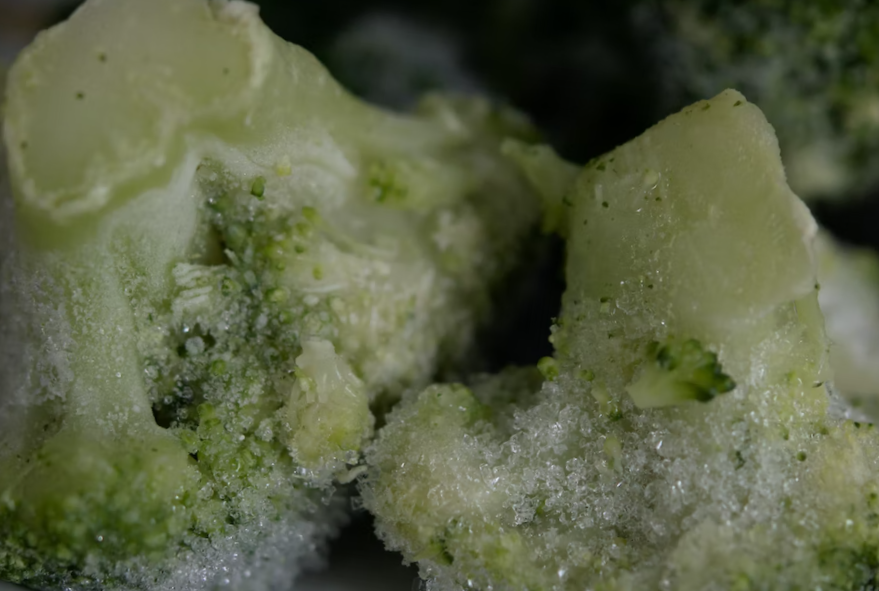
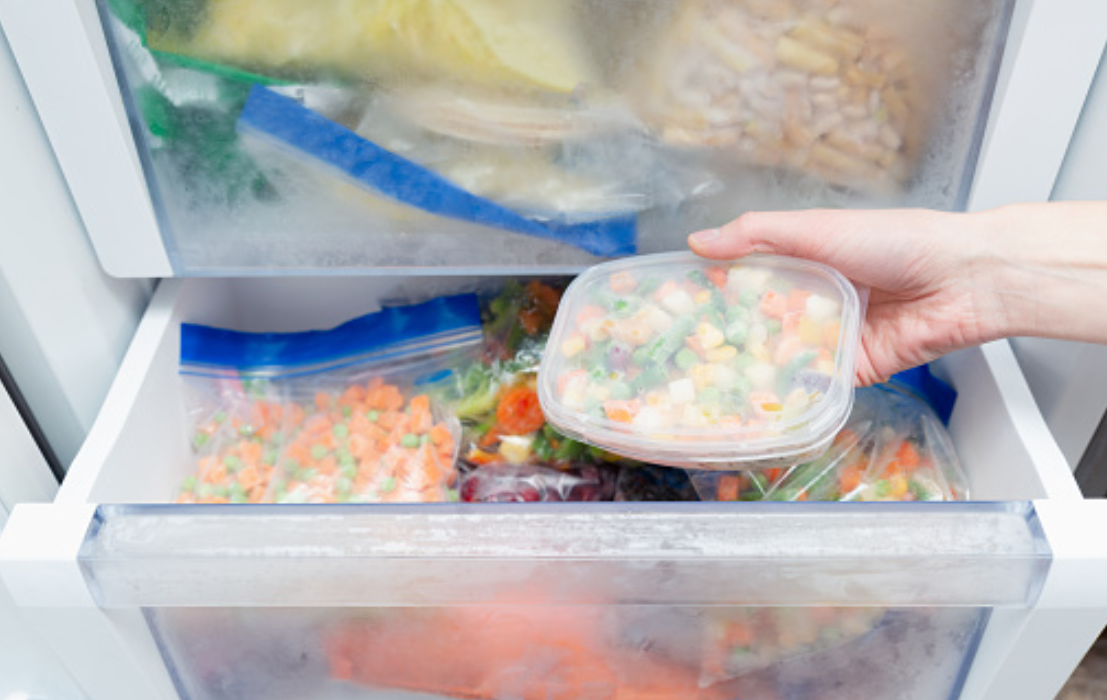
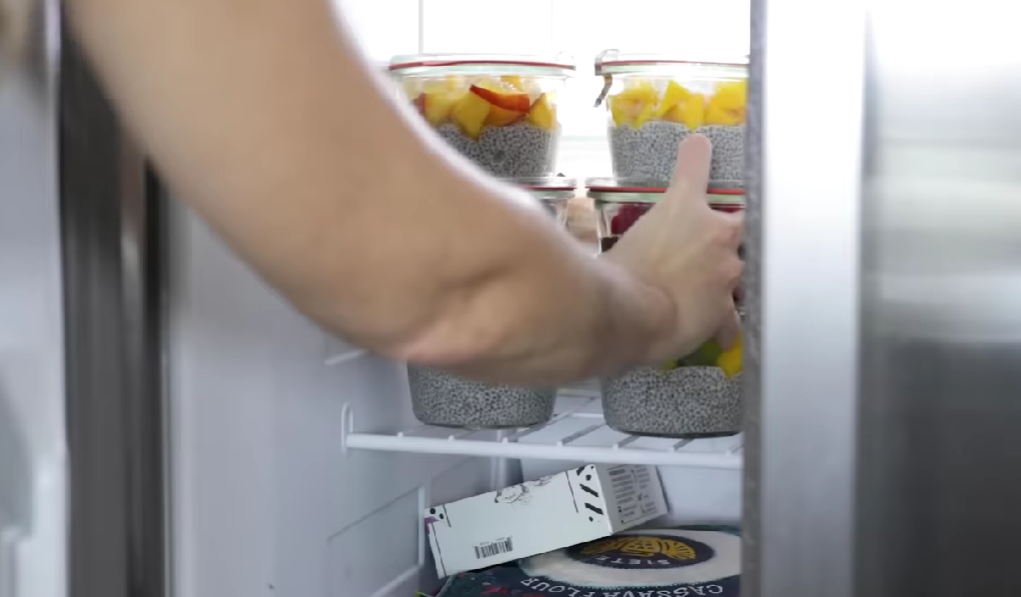
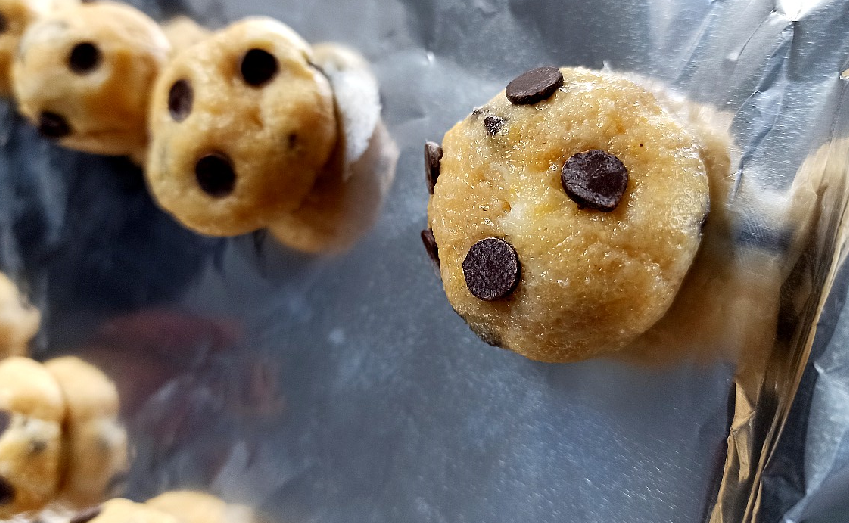
![Can you Cook Eggs in the Microwave? [Complete Guide]](/assets/images/c1f79d1cad59f18f9b5dc31403bd0eb2.png)
